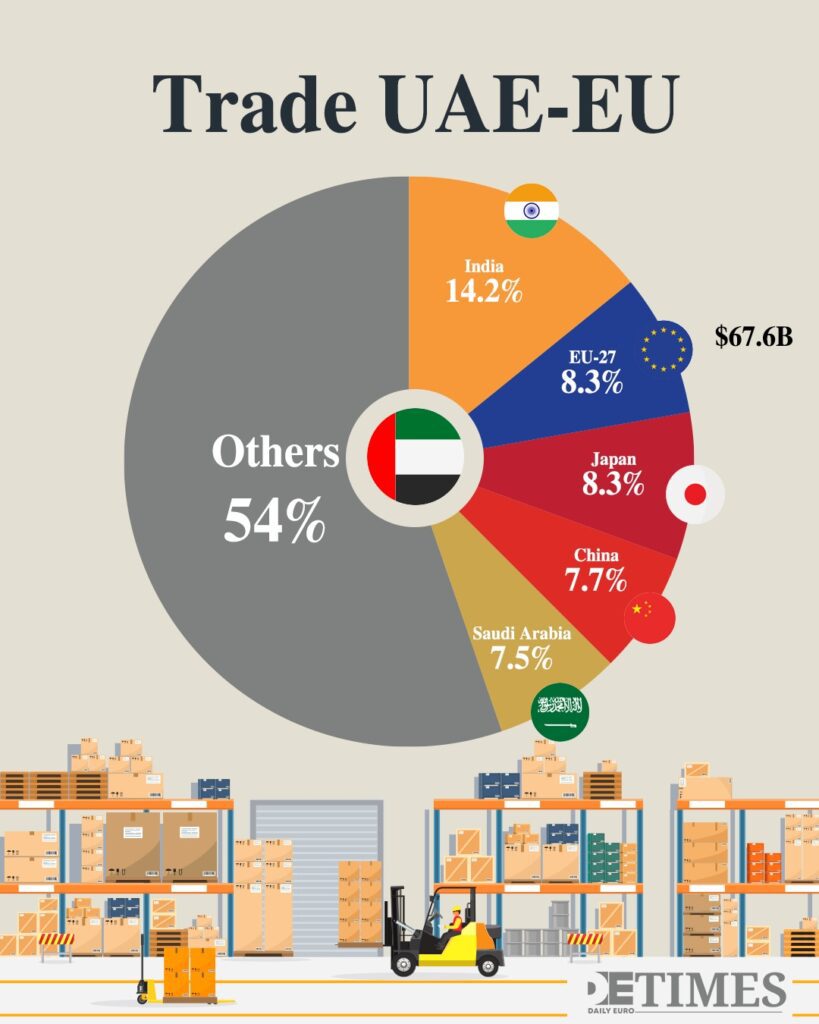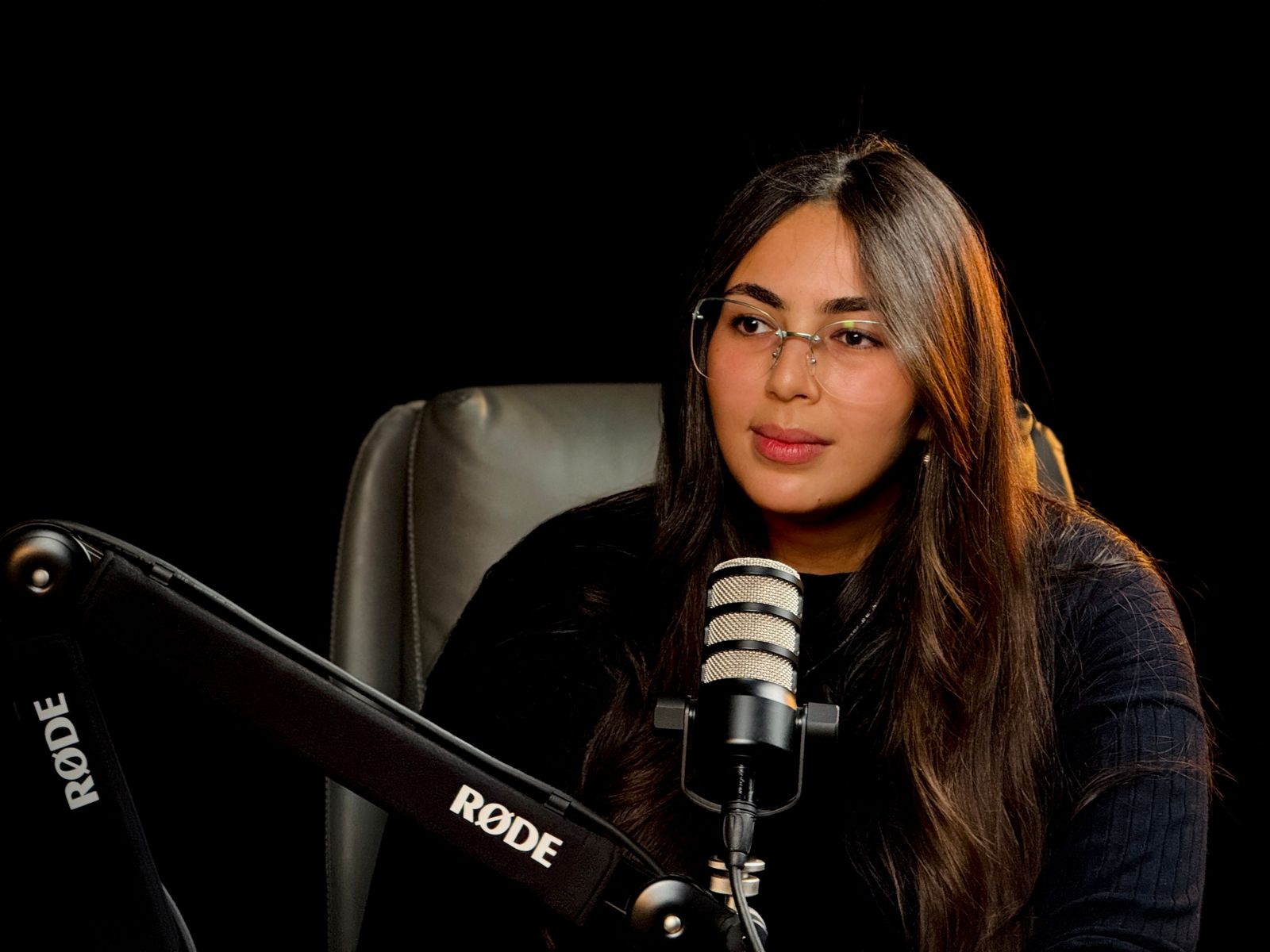In a three part series, DET’s podcast host Mariem Dekhili sits down with Geopolitics Fellow, Mahdi Ghuloom, at The Observer Research Foundation Middle East to discuss the ramifications of the EU-UAE CEPA outlined in his co-authored paper as previous EU-GCC talks failed.
What does the EU-UAE CEPA mean? What are the ramifications of the FTA for the GCC?
Mahdi Ghuloom (00:00): It comes on the backdrop of the EU deciding to take an approach of bilateral strategic partnerships with each of the Gulf countries. There is no reason to say that the UAE, if these negotiations are successful, would be the only country in the GCC to go about it solo.
Therefore, there is an opportunity for regional integration as well, absolutely. There is an opportunity for bilateral agreements with each Gulf country.
00:30: That within itself would create some form of regional integration with regards to the EU.
Why is this FTA happening now despite the failure of previous EU-GCC negotiations?
Mahdi Ghuloom: The reason this is happening now is because negotiations between the GCC bloc and the EU have stalled for several years, as they were suspended in 2008, and talks only resurfaced during the last summit in 2024 and may arise in 2026 when the next EU GCC summit is held in Riyadh.
Regional Differences in Trade with the EU-27?
Mahdi Ghuloom (00:59): For Saudi Arabia, it’s clear that Riyadh favours trade agreements with partners as a GCC bloc.
However, as we argued in the paper, this CEPA could pave the way for the Kingdom and the wider GCC’s ambitions to come to fruition when the EU familiarises itself with the UAE as a Gulf market.
If the UAE succeeds on some of the stringent points, then this might open the door for a wider multilateral agreement between the GCC and EU.

What makes this FTA different?
The UAE has of course signed over two dozen trade agreements. The EU-27 is the second largest trading partner for the UAE in export value.
Mahdi Ghuloom (01:55): That means as a bloc, not any individual country. However, essentially as the UAE diversifies its CEPA portfolio, the EU could retain its place and if not increase its place in terms of the portfolio of trade that the UAE has with the bloc.
02:23: This is particularly important as this is the largest single bloc that the UAE has signed a CEPA with.
Stay Up to Date with the Latest on DET!
When is Hynoptherapy the Cure?
Exclusive: Behind the Scenes, Somaliland
Journalism in the Gulf: Getting Started and Storytelling







